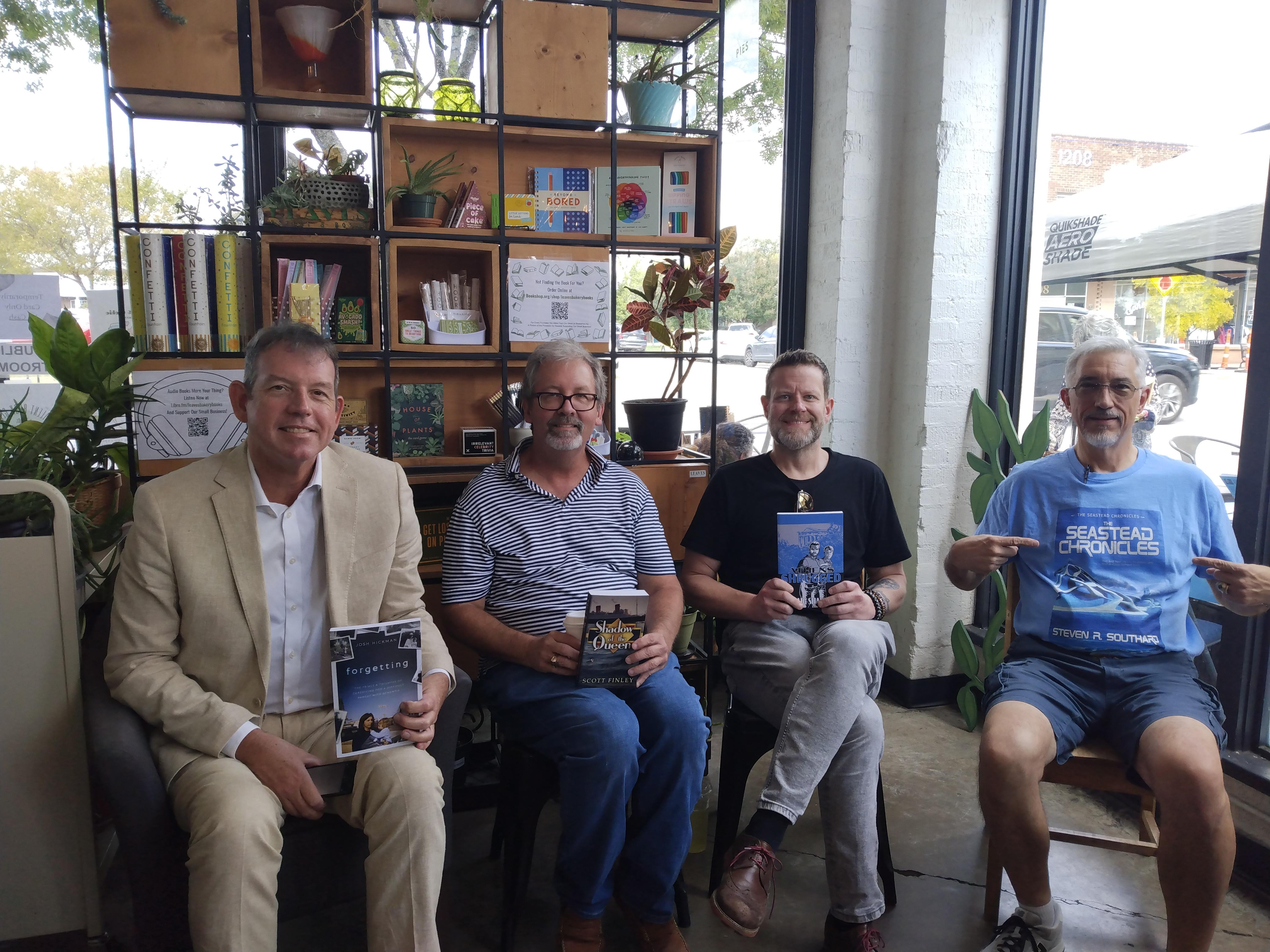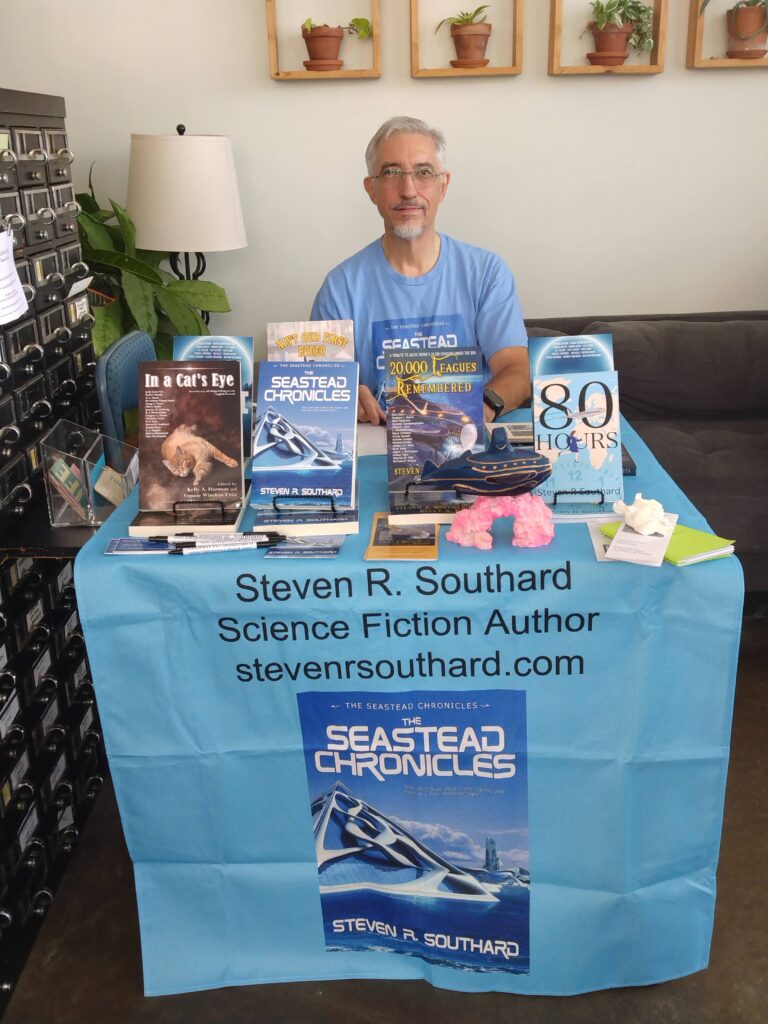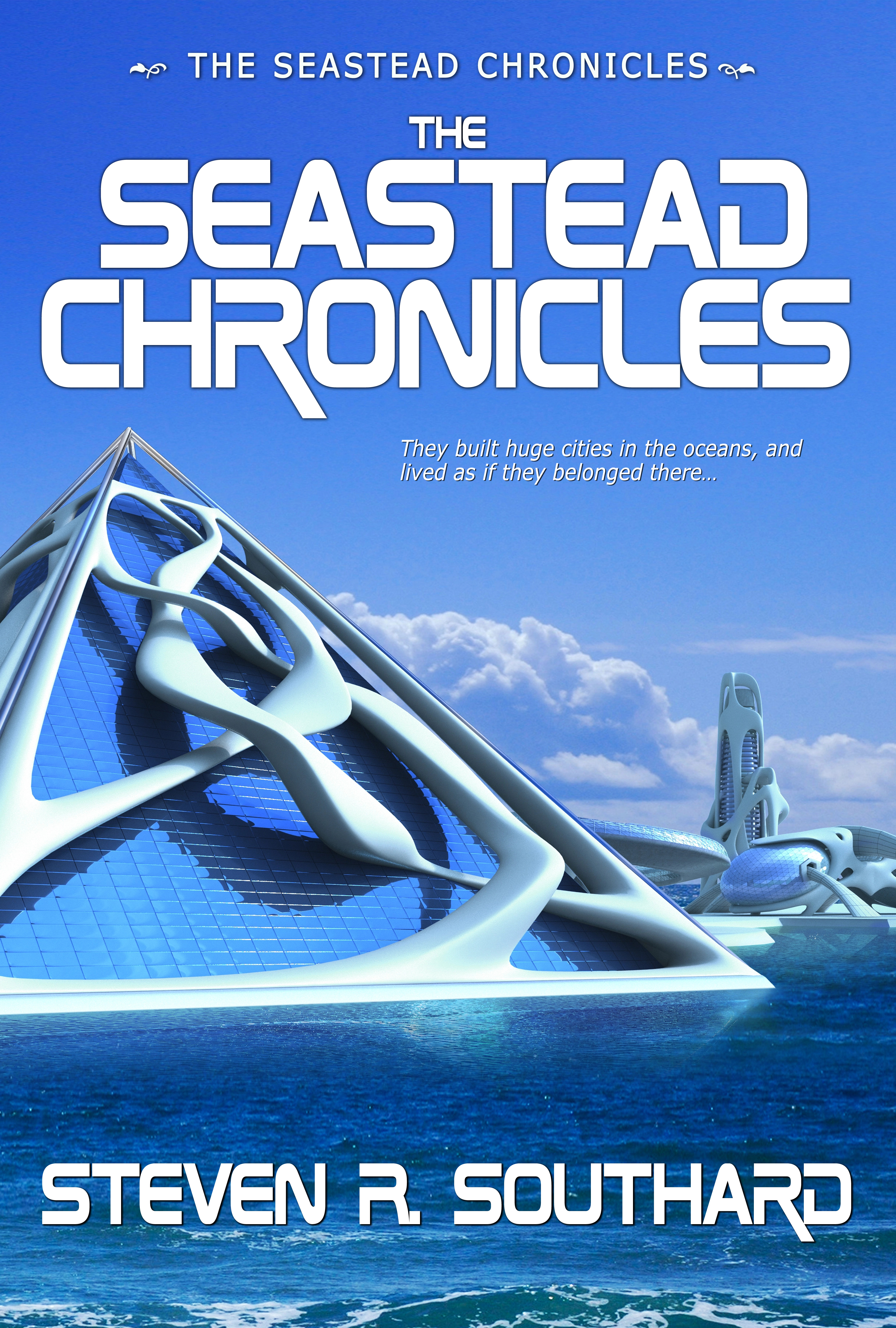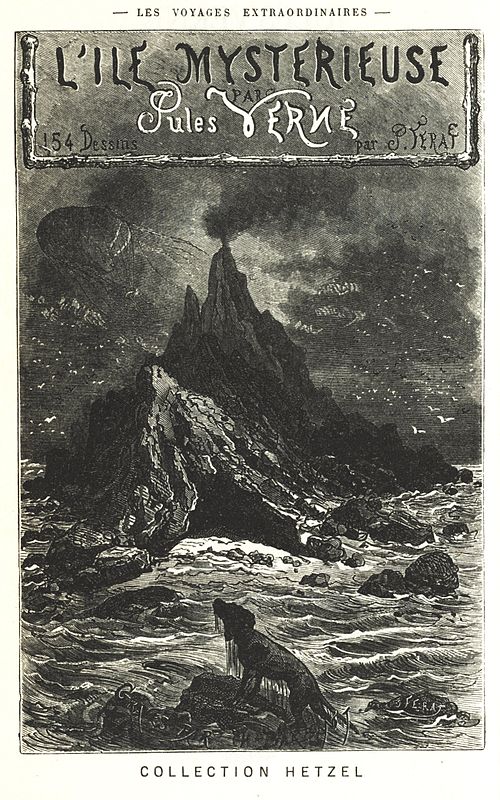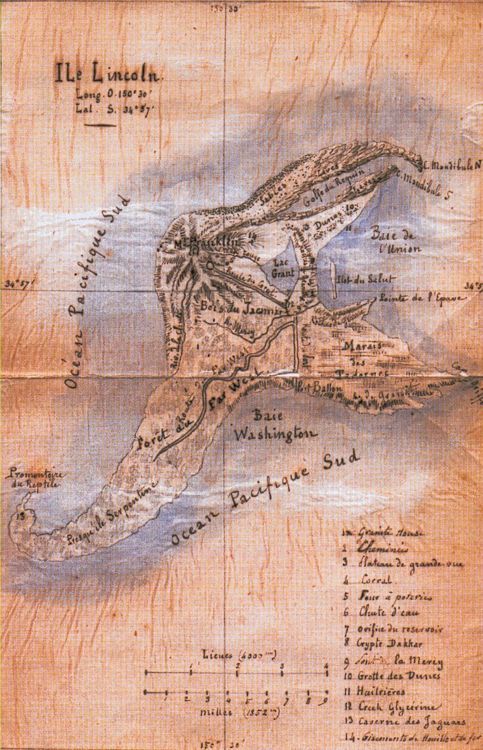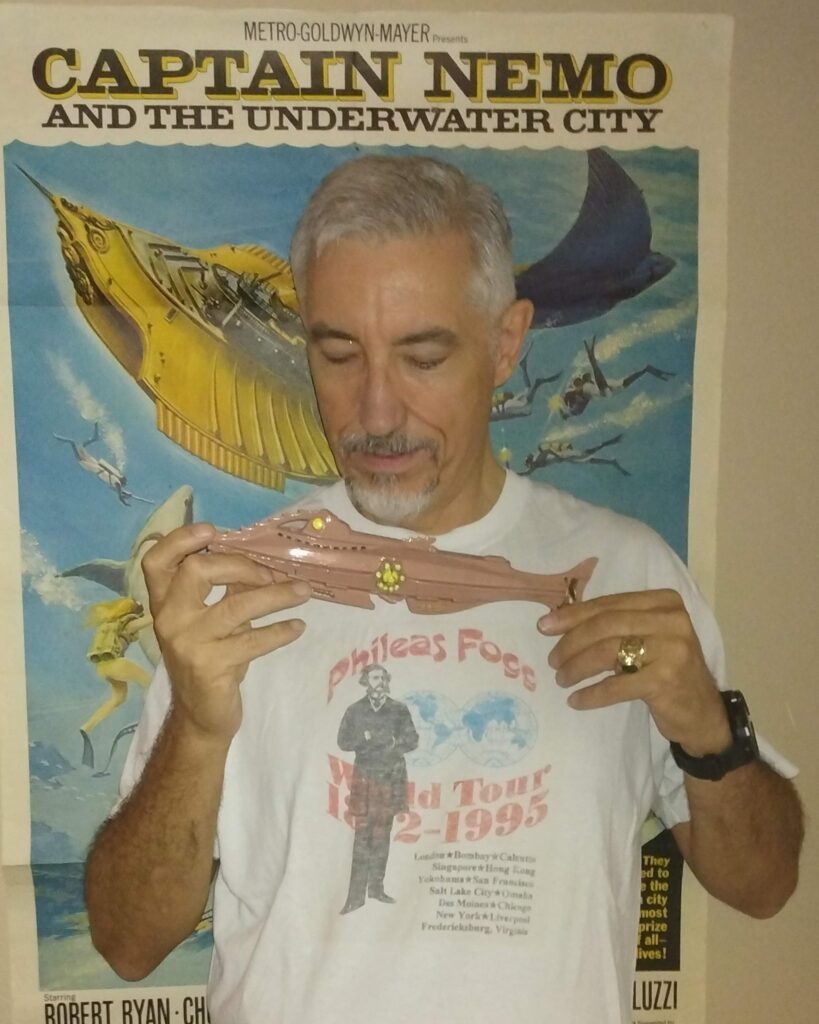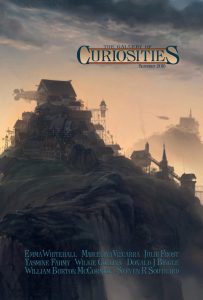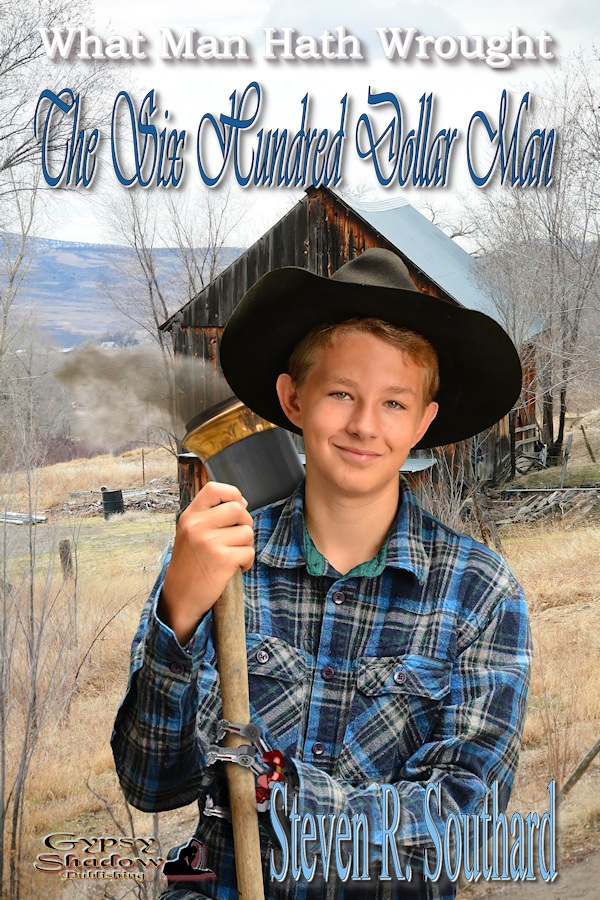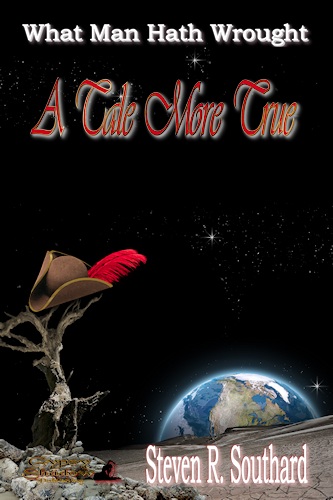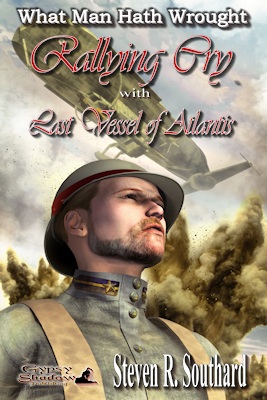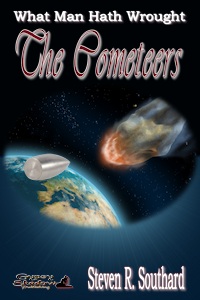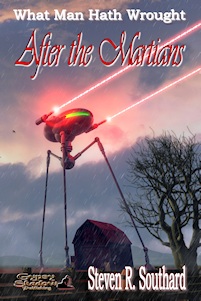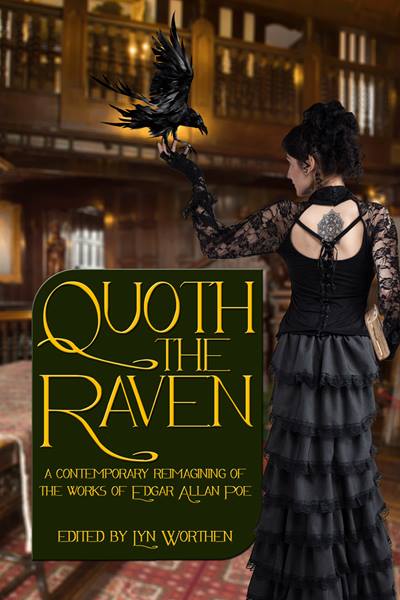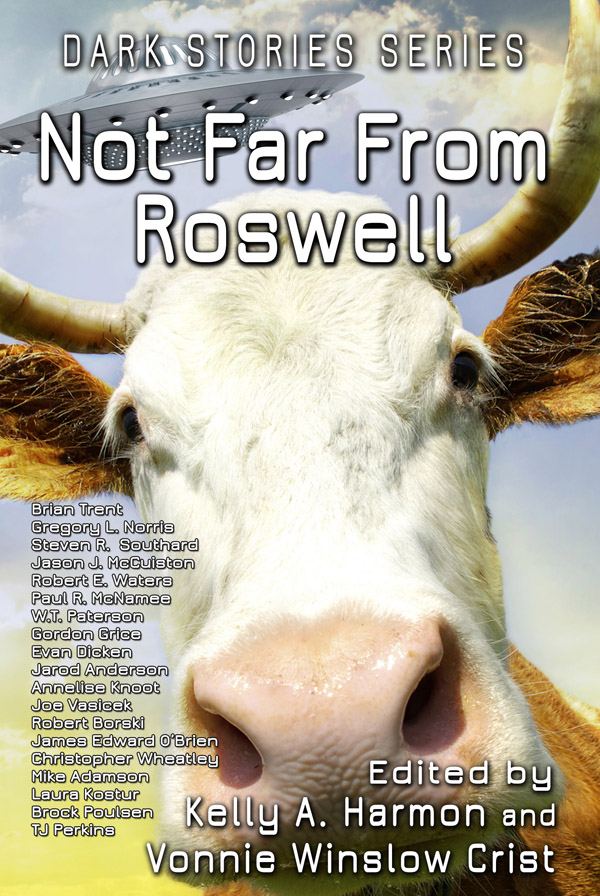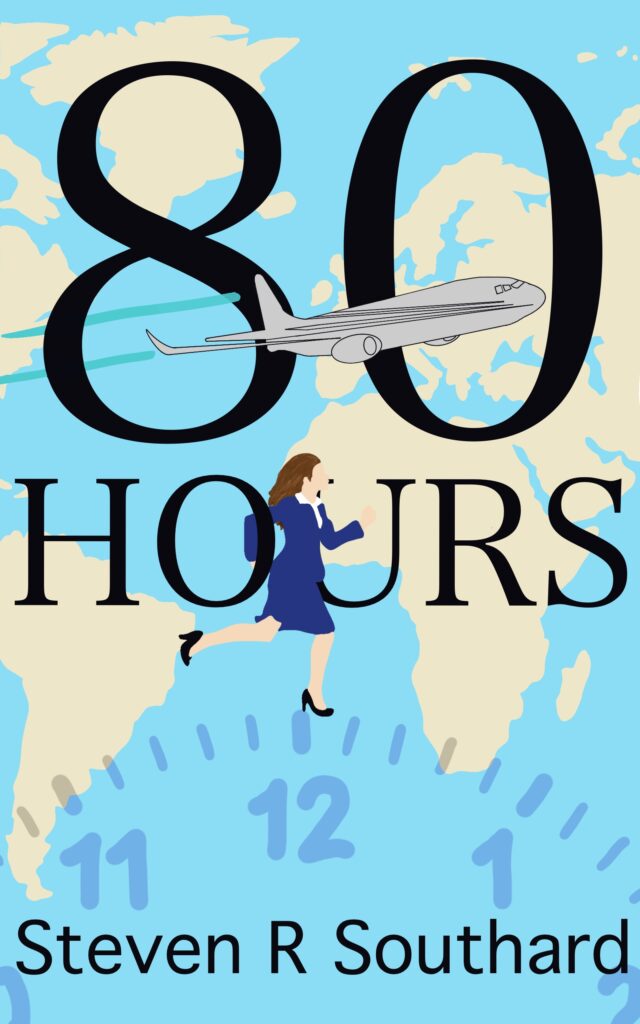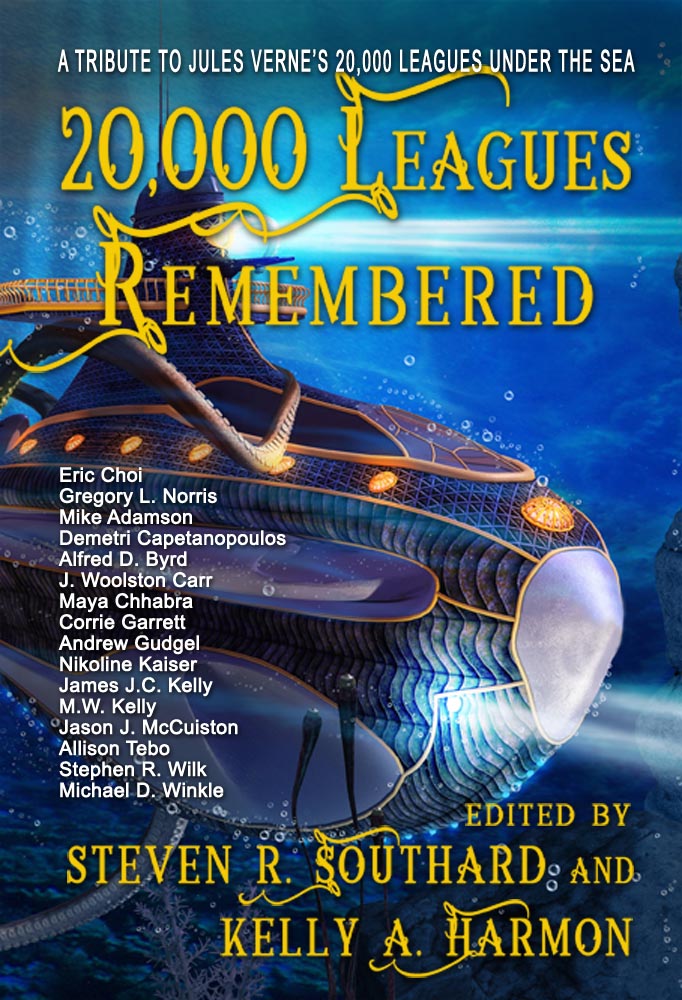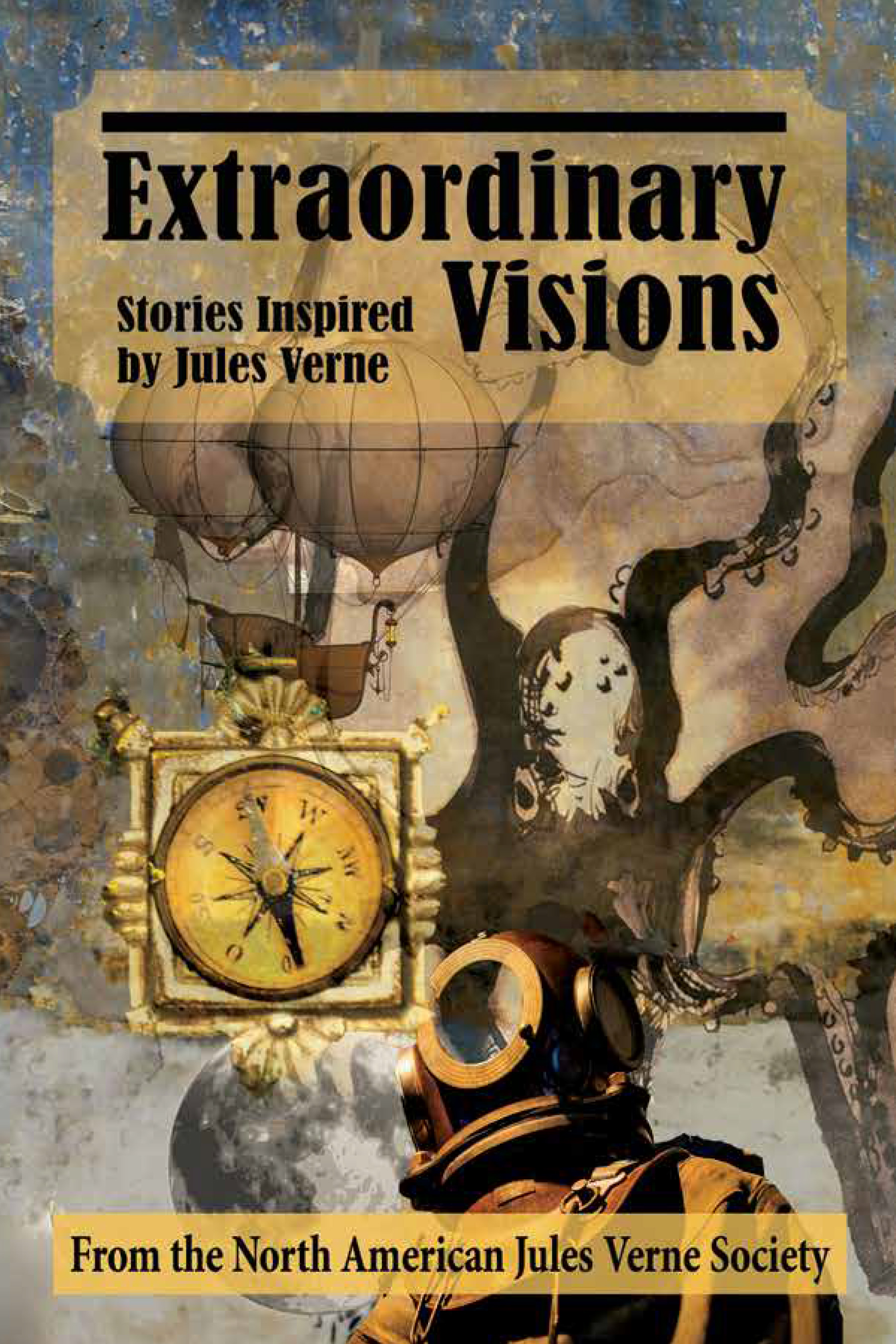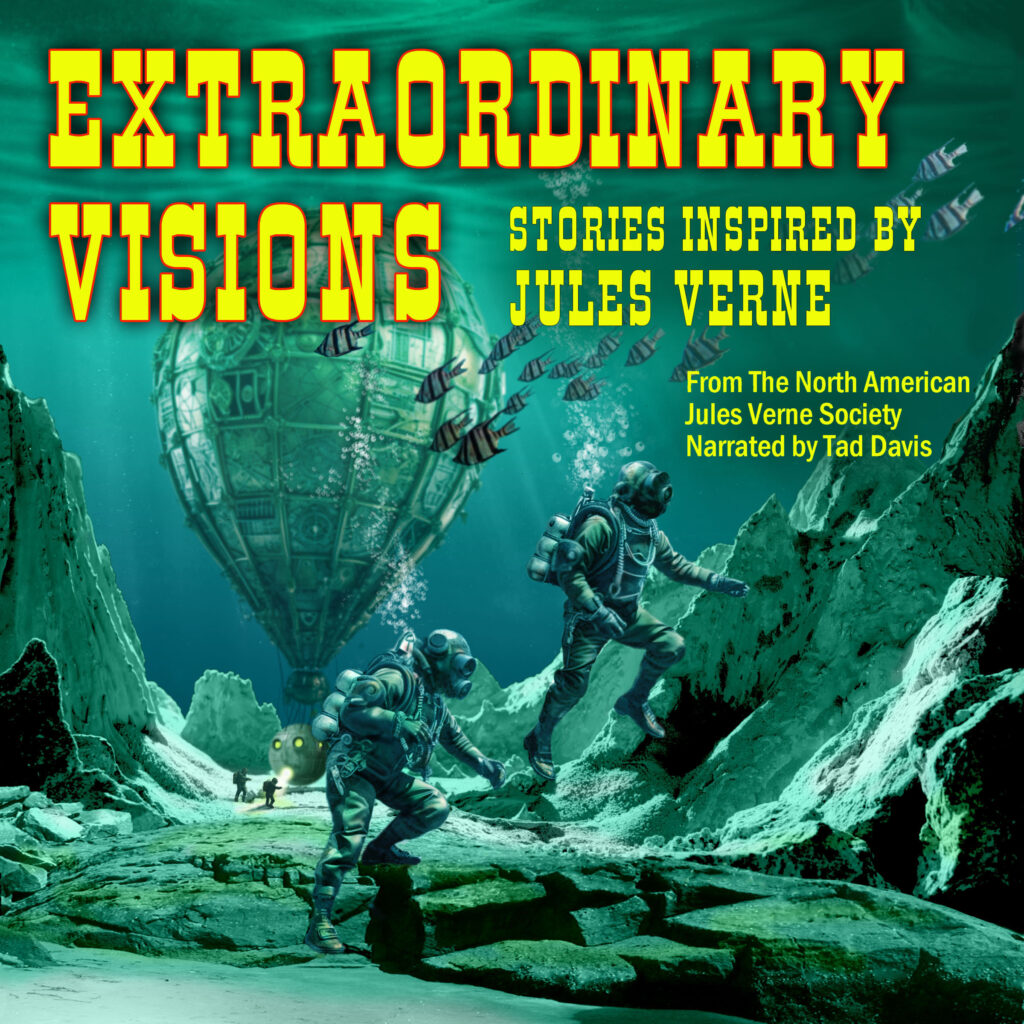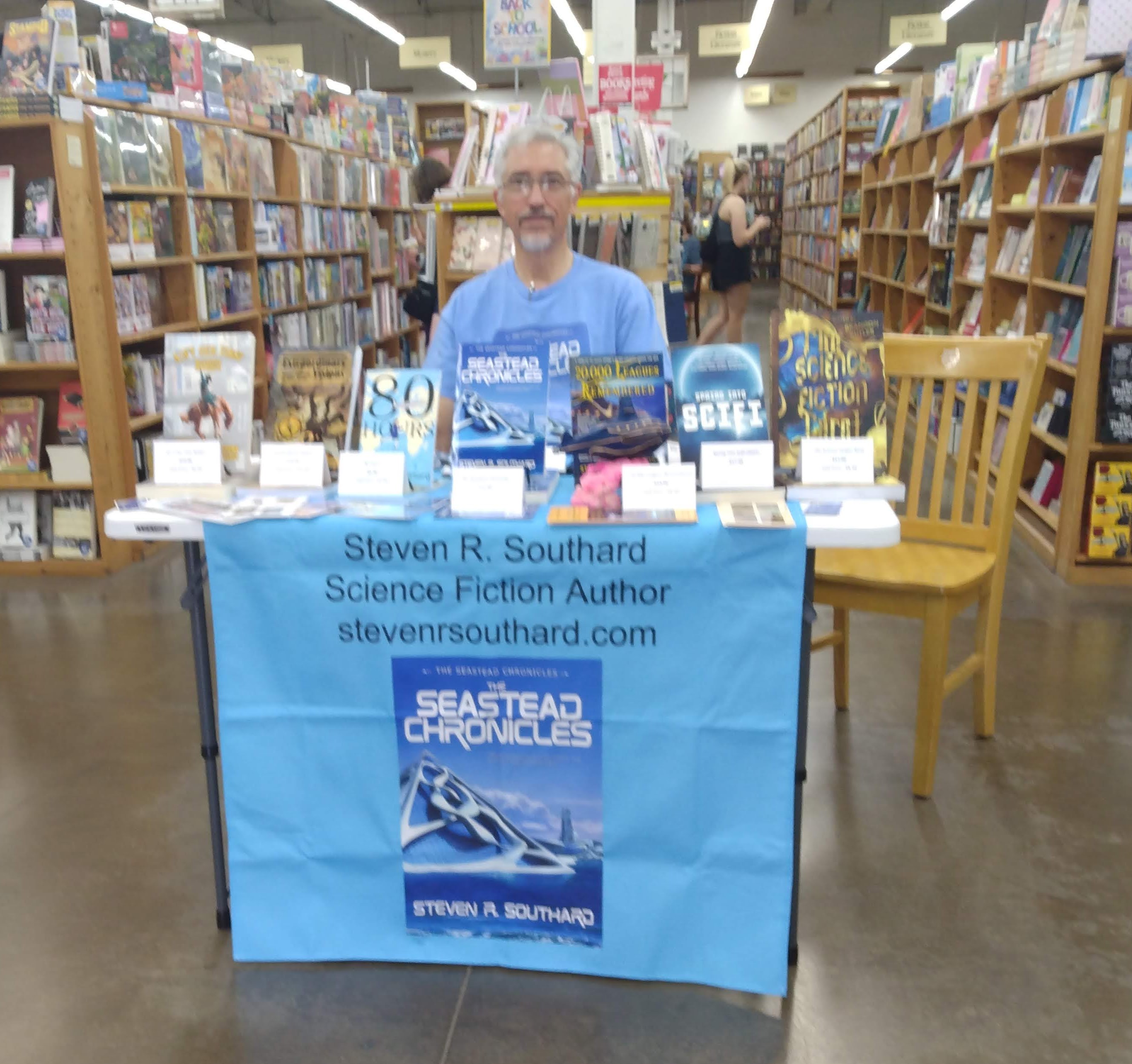Writing requires self-discipline. If you lack that, can you develop it? Let’s find out.
I’ve blogged about discipline before, but that post discussed its importance. Today, I’ll tell you how to increase your self-discipline.

Definition
For this blogpost, self-discipline means your ability to control your behavior and actions to achieve your writing goals. This requires you to suppress immediate desires and ignore distractions, to make conscious choices to do what is necessary, even when that’s difficult.
Eight Skills
I found inspiration from this post by Zen advocate and blogger Leo Babauta. However, I’ve reworded his points and focused on their application to writing. Even so, if you practice these skills, you’ll strengthen your self-discipline in general, not just as a writer.
1. Write regardless of your mood
If you wait until you’re in the mood to write, you’ll wait forever. We find it easier to procrastinate than to do what we need to do. Gain mastery over this tendency. Sit in the chair and write.
2. Make time to exercise
Being a sedentary activity, writing for long periods without exercise can weaken your body. In the long run, you’ll write many more years if you keep in shape. You might find it beneficial to set a timer, take a break from writing, and perform light exercises before writing again. Try the Pomodoro technique: twenty-five minutes of focused writing and five minutes of mild exercise.
3. Write hungry
Break or avoid starting the habit of eating while writing. Write first, eat later. Let your stomach grumble awhile. It’s not your boss. Food will wait for you.
4. Have the difficult conversations
Many people, even writers, avoid or put off disagreeable confrontations. Don’t stew in solitude, harboring a grudge over some slight. Deal with the person in a direct way, while being pleasant and understanding. Learn to think about problems from the other point of view. Not only will this help to prevent or resolve misunderstandings, but the practice will help your writing. Readers cheer for characters who don’t shy away from the tough talks. The best fiction writers take us into the minds of disagreeable characters in a convincing way.
5. Form and stick with good habits, break bad ones
Ah, human nature. So easy to break good habits and to start bad ones. I’ve blogged on this topic, too, and I still advocate a system of cues to trigger a good writing habit, and little self-bestowed rewards for completing the action.
6. Tackle that problem you’re putting off
We tend to ignore the elephant looming over us in the room. When a problem appears too difficult, we turn from it, fail to face it, hope it goes away. When it doesn’t go away, we make up reasons to neglect it. Then it nags us, causing guilt and more procrastination. Instead, face it and work the problem. If you can break it into parts, work on the biggest part first. That way, you’ll be closer to done than if you’d started small.
7. Seek joy in work, not external rewards
Why do you write? If you write for fame, fortune, or awards, then what will you do if those things elude you? Give up writing? Consider shifting your focus and find enjoyment in the act of writing itself. That source of joy will never desert you. It blazes from an internal fire, not an unreliable, external source like the other rewards.
8. Meditate
Leo Babauta recommends daily meditation. Set a quiet timer for two minutes or longer. Sit without moving while focusing on your breath. When thoughts wander away, bring your mind back to your breathing. This practice can calm your mood and strengthen your mental discipline.
Putting it all together
The word discipline comes from the Latin disciplina, meaning training, and from discipulus, meaning student. In the case of self-discipline, you’re the student and the teacher, and you’re training yourself.
What’s that I hear? The sound of one hand clapping for—
Poseidon’s Scribe




